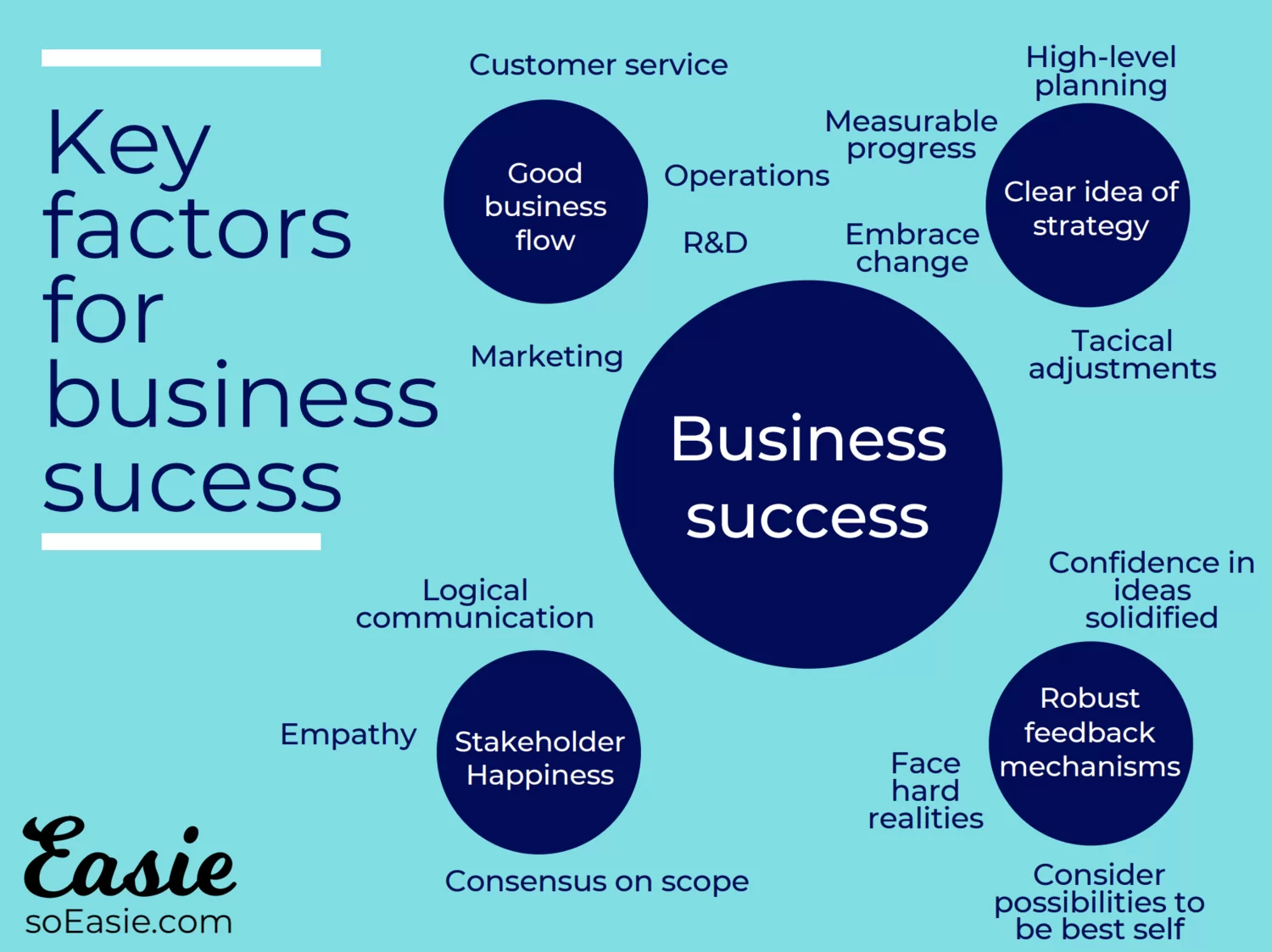What are the key factors to consider when planning a successful marketing campaign for a startup?


Starting a new business can be an exciting and challenging endeavor. One of the key aspects of launching a successful startup is planning an effective marketing campaign. A well-executed marketing campaign can help a startup gain visibility, attract customers, and ultimately drive growth. In this article, we will explore the key factors to consider when planning a successful marketing campaign for a startup, with a focus on digital marketing strategies.
Understanding Your Target Audience
Before diving into the specifics of your marketing campaign, it is crucial to have a deep understanding of your target audience. Who are your ideal customers? What are their needs, preferences, and pain points? Conducting thorough market research and creating buyer personas can help you gain valuable insights into your target audience. This knowledge will guide your marketing efforts and enable you to tailor your messaging and tactics to resonate with your audience.
Setting Clear Goals and Objectives
To plan a successful marketing campaign, it is essential to set clear goals and objectives. What do you want to achieve with your campaign? Do you want to increase brand awareness, generate leads, drive sales, or all of the above? Setting specific, measurable, achievable, relevant, and time-bound (SMART) goals will provide you with a clear direction and enable you to track your progress.
Choosing the Right Channels
In today’s digital age, there are numerous marketing channels available to startups. It is crucial to choose the right channels that align with your target audience and goals. Some common digital marketing channels include social media, search engine optimization (SEO), content marketing, email marketing, and paid advertising. Understanding the strengths and weaknesses of each channel and how they can be leveraged to reach your target audience is key.
Creating Compelling Content
Content is at the heart of any successful marketing campaign. Creating compelling and valuable content that resonates with your target audience is crucial. Whether it’s blog posts, videos, infographics, or social media posts, your content should be informative, engaging, and shareable. It should provide value to your audience and establish your startup as a trusted authority in your industry.
Developing a Consistent Brand Identity
A strong and consistent brand identity is essential for a successful marketing campaign. Your brand identity encompasses your logo, colors, typography, tone of voice, and overall brand personality. Consistency across all marketing channels and touchpoints helps build brand recognition and trust. Ensure that your brand identity is reflected in all your marketing materials, from your website to your social media profiles.
Allocating a Budget
While startups often have limited resources, it is crucial to allocate a budget for your marketing campaign. Determine how much you can afford to spend on marketing and allocate your budget strategically across different channels and tactics. Keep in mind that digital marketing can be cost-effective compared to traditional marketing methods, but it still requires investment to achieve significant results.
Measuring and Analyzing Results
To ensure the success of your marketing campaign, it is essential to measure and analyze your results. Set up key performance indicators (KPIs) that align with your goals and regularly track and analyze your campaign’s performance. Tools like Google Analytics can provide valuable insights into website traffic, conversions, and user behavior. Use these insights to optimize your campaign and make data-driven decisions.
Adapting and Iterating
Marketing is an iterative process, and it is essential to adapt and iterate your campaign based on the insights and feedback you gather. Monitor the performance of your campaign closely and be willing to make adjustments as needed. Experiment with different tactics, messages, and channels to find what works best for your startup. Continuous improvement is key to long-term marketing success.
In conclusion, planning a successful marketing campaign for a startup requires careful consideration of several key factors. Understanding your target audience, setting clear goals, choosing the right channels, creating compelling content, developing a consistent brand identity, allocating a budget, measuring and analyzing results, and adapting and iterating are all crucial elements of a successful campaign. By following these key factors and leveraging digital marketing strategies, startups can effectively promote their products or services, attract customers, and drive growth.
Recent Posts
How do I create an engaging and informative online quiz or assessment?
Creating an engaging and informative online quiz or assessment can be a powerful tool for… Read More
What are the most effective methods for managing and reducing work-related stress in the hospitality industry?
Work-related stress is a common issue in the hospitality industry, where employees often face long… Read More
How can I improve my assertiveness and communication skills in a leadership position?
In a leadership position, assertiveness and effective communication skills are crucial for success. Being able… Read More
What are the key elements of a successful employee recognition and rewards program?
Employee recognition and rewards programs play a crucial role in motivating and engaging employees, as… Read More
How do I effectively manage and respond to customer feedback and reviews?
Customer feedback and online reviews play a crucial role in shaping a company's reputation and… Read More
What are the best strategies for effective time management as a stay-at-home parent?
Effective time management is crucial for stay-at-home parents who juggle multiple responsibilities on a daily… Read More